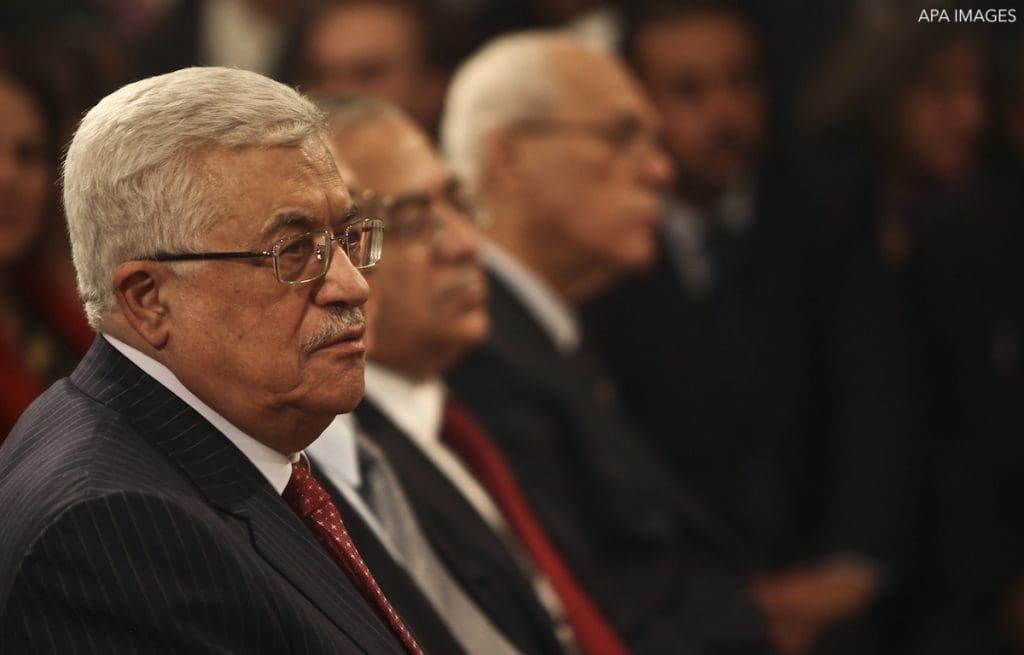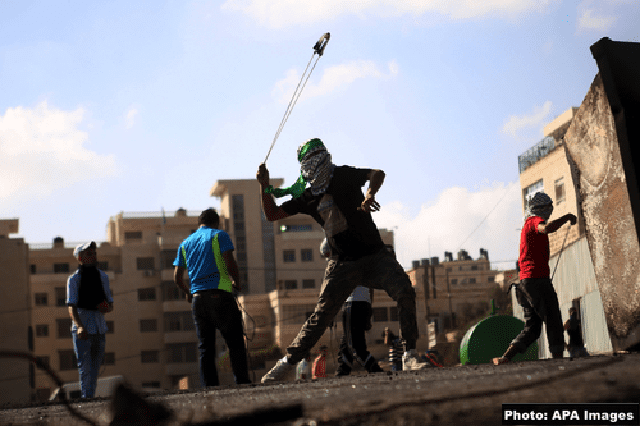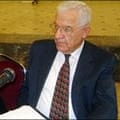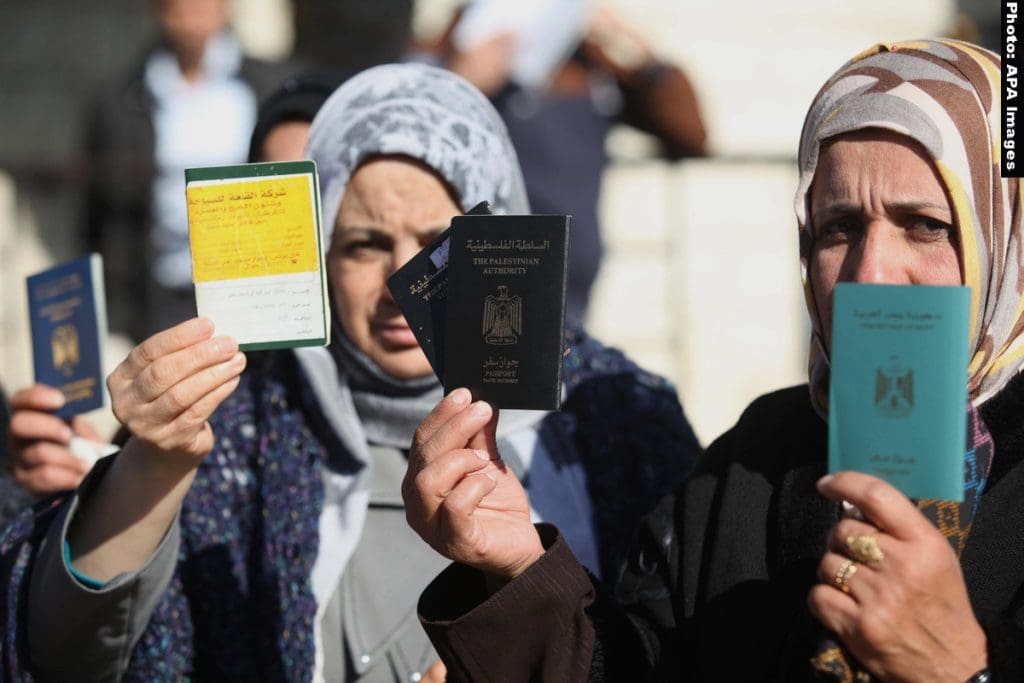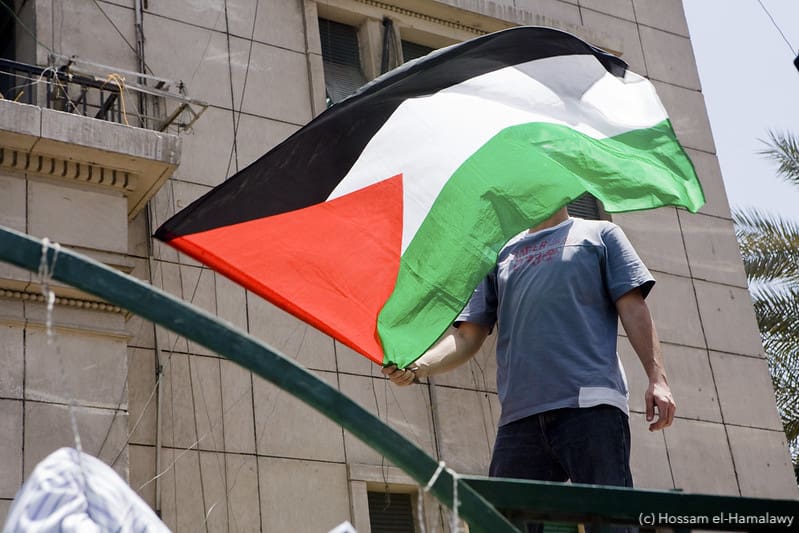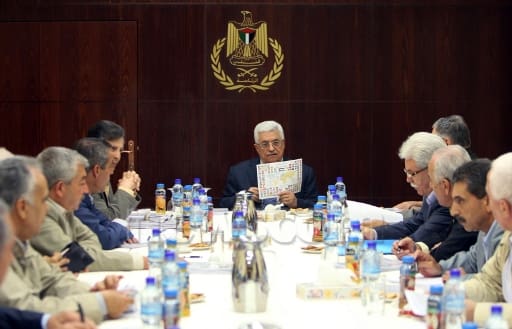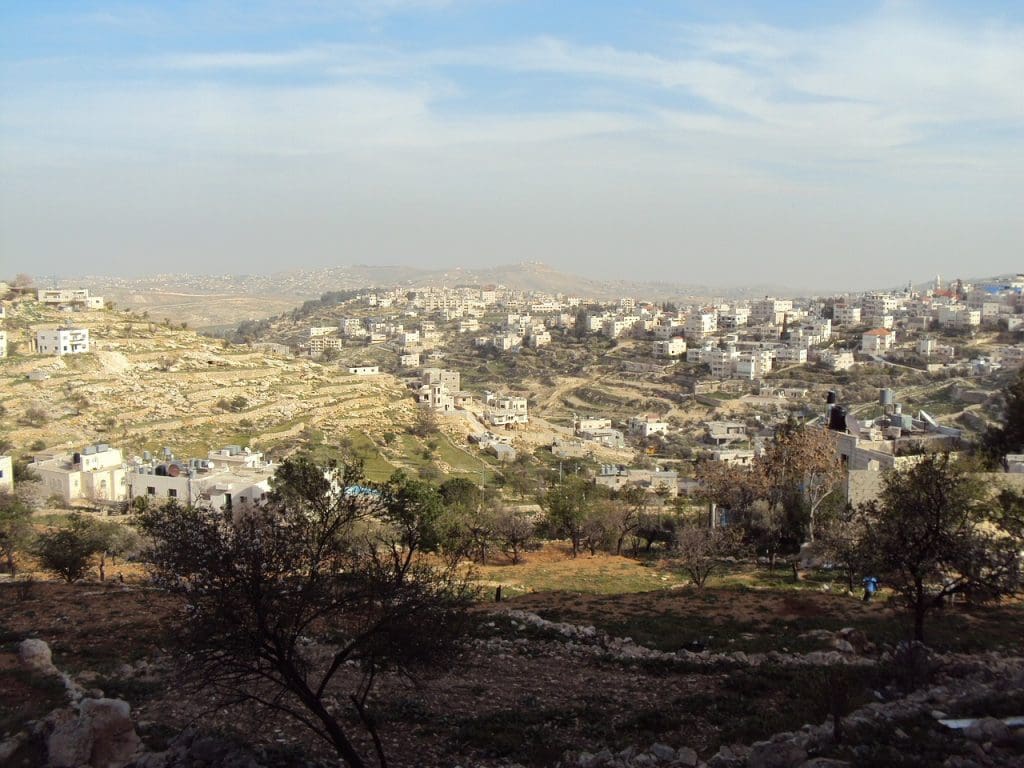Samah Sabawi is a political commentator, author and playwright. She is a member of the board of directors for the National Council on Canada Arab Relations (NCCAR). Sabawi wrote and produced Cries from the Land (Canada 2003), Three Wishes (Canada 2008) andTales of a City by the Sea (Palestine & Australia 2014). Her past work includes being public advocate for Australians for Palestine, Executive Director for the National Council on Canada Arab Relations (NCCAR) and Subject Matter Expert (SME) for the Canadian Foreign Service Institute’s Centre for Intercultural Learning.
From this author
The Palestinian national movement is in an acute state of crisis, and the Palestinian political system and institutions are incapable of bringing the Palestinian people closer to realize their rights. The existing style of governance and models of leadership prove on a daily basis to be unfit for present and future Palestinian generations seeking equality, justice, and freedom above all.
When they speak in Hebrew, Israel’s leaders are straightforward about their aims. Al-Shabaka Policy Advisor Samah Sabawi analyzes the way their stated aims are being implemented on the ground and how Palestinians are organizing in response in a spontaneous uprising on both sides of the Green Line.

Samah Sabawi· Oct 15, 2015
The rights of Palestinian refugees have been long neglected and their suffering has been carried from generation to generation for 67 years. In his recent piece A Bold Proposal: Palestine Should Give Its Refugees Citizenship, Al-Shabaka Policy Advisor Fateh Azzam argued that the State of Palestine should confer citizenship on its stateless refugees and enter into bilateral agreements with other states regarding the status of Palestinian citizens in each country.
In this Roundtable, Al-Shabaka Policy Advisors Haidar Eid and Samah Sabawi as well as guest contributor Loubna Qutami discuss Noura Erakat’s policy brief Beyond Sterile Negotiations: Looking for a Leadership with a Strategy. They critique issues relating to the Boycott National Committee (BNC), the questions of representation and self-determination, the colonial condition, and the future of the struggle. In her response, Erakat expresses her concern over the fragmentation of the Palestinian national body and the failure to articulate a political vision for a solution. She argues that Palestinians should adopt a one-state solution as a political vision that aims for the equality of all persons irrespective of nationality, ethnicity, religion, or race.




+
The campaign for Palestine to be recognized as a full member of the United Nations has revealed the popularity of the Palestinian cause on the international stage, displayed the uncompromising nature of Israel’s political leadership, and highlighted the end of the road for the Palestinian Authority, which has made it clear that it has no other path to take.

Samah Sabawi· Nov 14, 2011
How is it that by virtue of being Palestinian I am told that my ‘sole legitimate representative’ is an organization I have never subscribed to, am not a member of, and have never voted for?

Samah Sabawi· Sep 13, 2011
Over the past month, Al-Shabaka Policy Advisors Bashir Abu-Manneh, Ali Abunimah, Naseer Aruri, Diana Buttu, Mary Nazzal-Batayneh, Mouin Rabbani, and Samah Sabawi responded to Nadia Hijab's Policy Brief What if Peace Talks "Succeed"? They reflected on Hijab's recommendations and offered other strategies for consideration by Palestinians and their supporters in order to achieve Palestinian rights.













